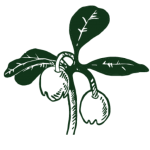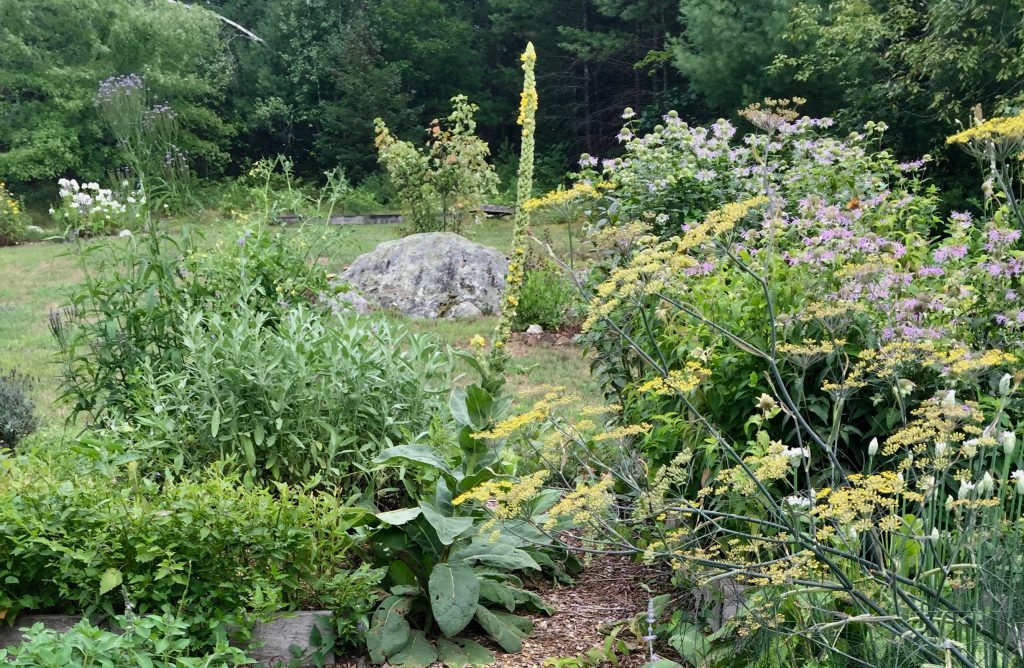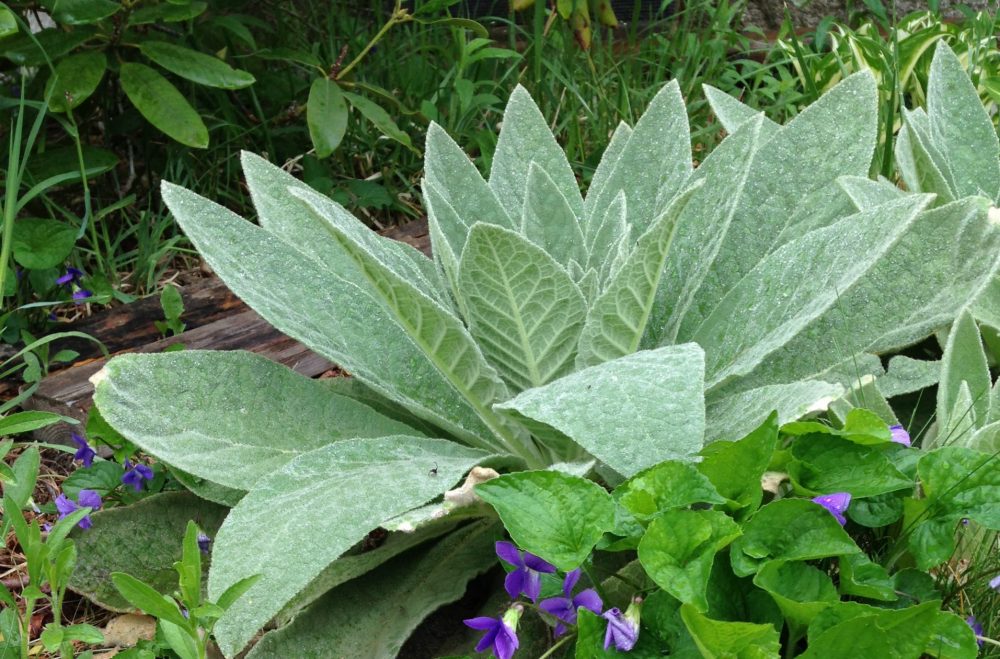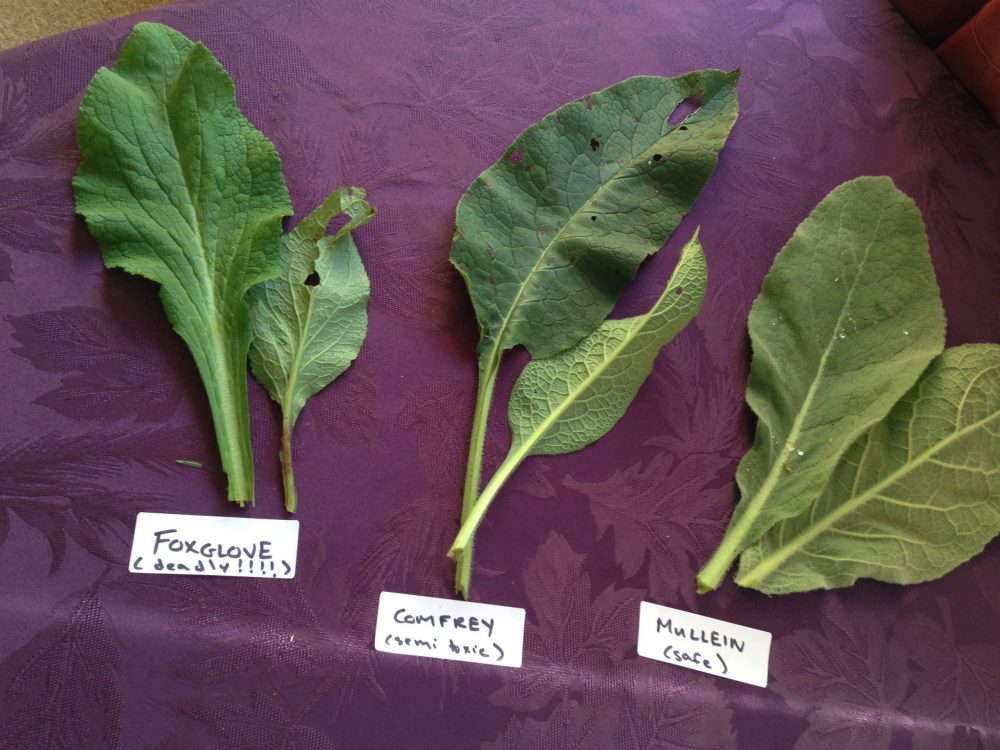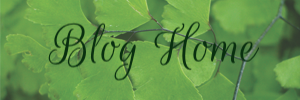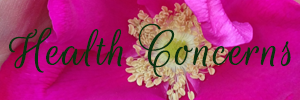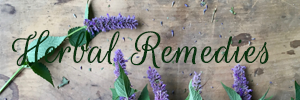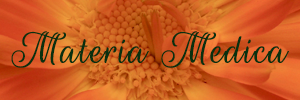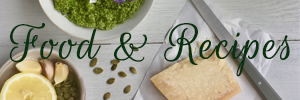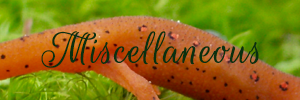Student Monograph ~
Mullein Leaf
Latin Name: Verbascum thapsus (2)
Part(s) Used: aerial – leaf, flower (2)
Key Actions: cough suppressant (1,2,3,4), expectorant (1,2,4), demulcent (3), mucilaginous (1,2), wound healer (2), antitussive (1,2,4)
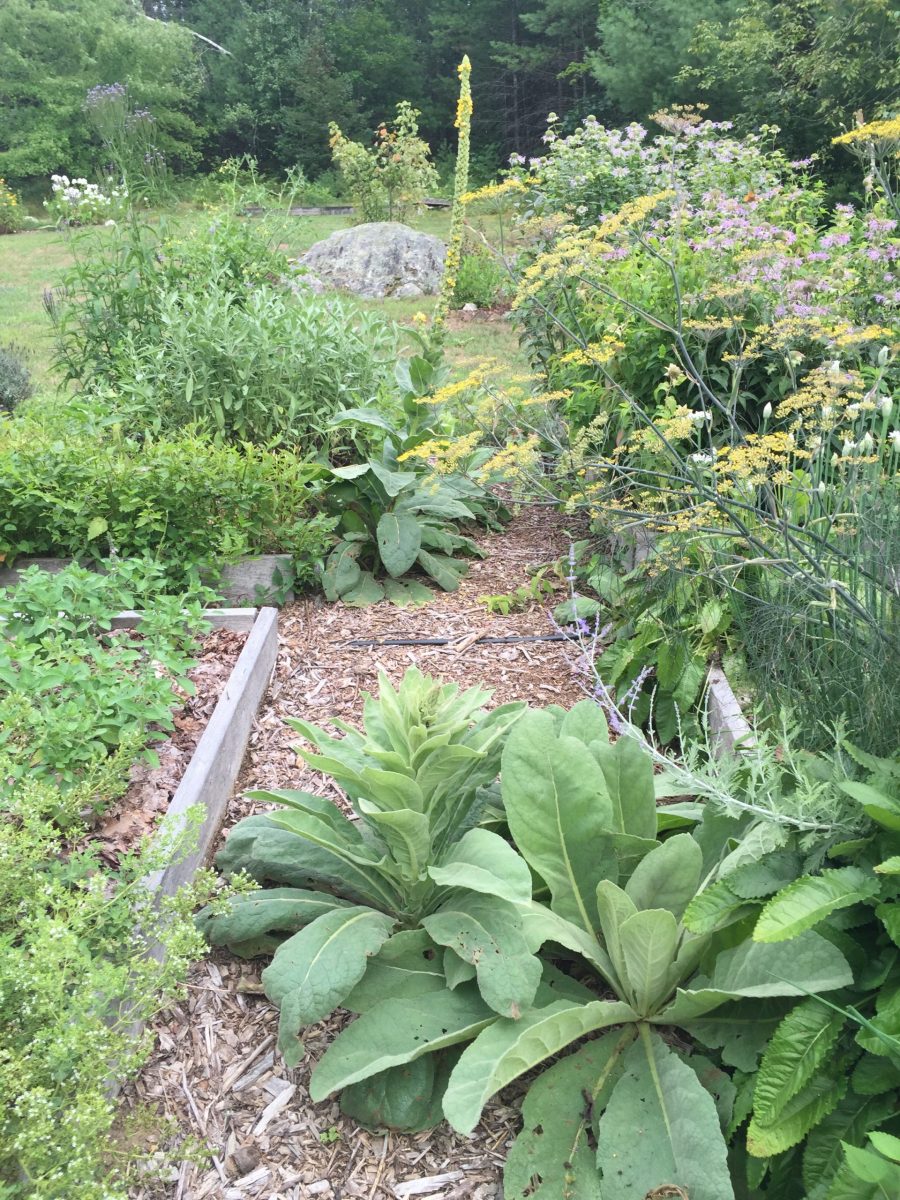
Medicinal Uses:
Mullein is valuable in cases of coughing and congestion (1,2,3,4), and often considered in respiratory ailments such as asthma (3) and bronchitis (1,3,4).
Helps people take deeper breaths and possibly heals lung tissue (3).
Leaves and flowers can be used in an infusion to reduce mucus (2) and help expectorate phlegm (1,2,4).
Has a cooling effect (3) that is soothing for coughs (1,2,3,4) and seasonal allergies (3).
Often used in combination with other demulcent herbs (1,3) to treat bronchitis and other infection of the lungs (1,2,3,4). Preliminary studies show it has antiviral action as well (Extra comment from Education Advisor Ruth)
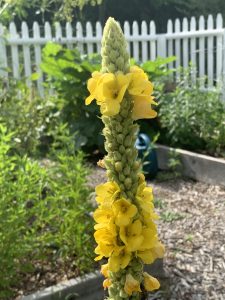
Mullein flowers can be infused into oil then applied into the ear for aches (2,3) and infections (1,2).
Smoking mullein (or inhaling the smoke) is said to be immediately effective because it targets lung tissue (3)
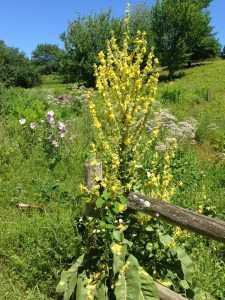
Topically used a poultice on the chest to loosen mucus, and also to help soothe varicose veins and hemorrhoids (Extra comment from Education Advisor Ruth)
The flowers have similar respiratory uses as the leaves and may be more demulcent, but they’re tedious to harvest. Growers prefer candelabra-style inflorescence species like Greek and densiflorum mullein for this.(Extra comment from Maria, from Matt Wood and others)
The first-year roots are also used medicinally for pain, particularly tendons, ligaments, spine support (jim mcdonald and here). Leaves applied topically may help bones set and heal properly (jim mcdonald and Matt Wood, Great Lakes Herb Faire lecture recording). Roots also used for pelvic floor support, prostate, and bladder tone (Michael Moore and Christa Sinadinos). (Extra comments from Education Advisor Ruth and Maria)
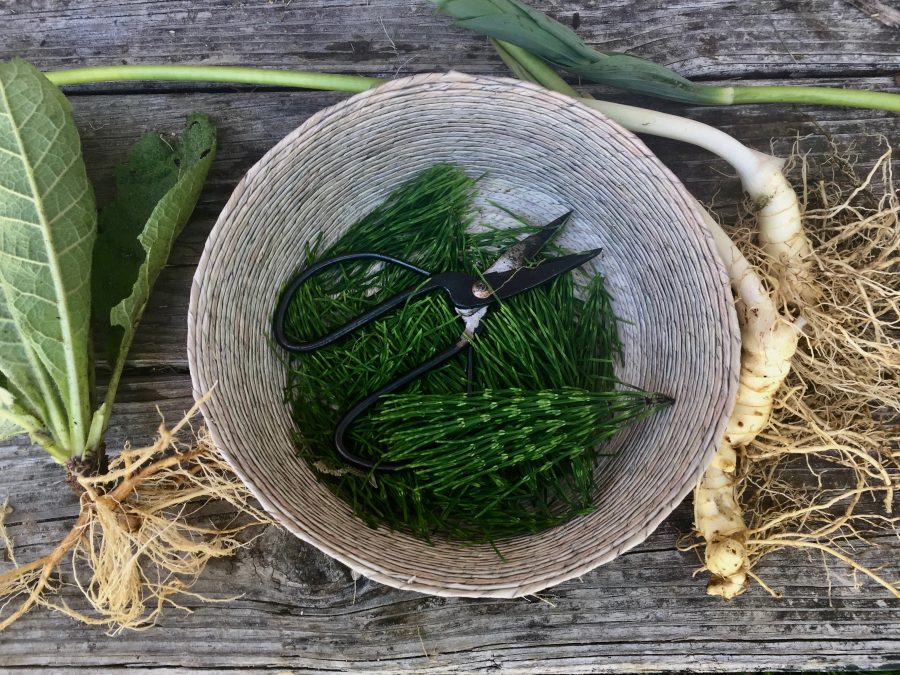
Other Uses:
Placing a leaf in your shoe may relieve achey, tired feet. (Extra comment from Maria, based on Backyard Medicine by Julie Bruton-Seal and Matthew Seal)
Fresh leaves are popular backwoods toilet paper, but test it out on your face cheek or inner arm first – some people find the hairs very irritating.(Extra comment from Maria, based on several sources including jim mcdonald)
Cautions:
The soft hairs of mullein can be irritating to some (3) and in rare cases have caused a skin reaction (1,3).
Generally considered safe as an herb (1,3) but be sure to properly identify mullein prior to harvesting as it is similar looking to foxglove (3).
Also, it pulls heavy metals from the soil into the roots and the leaves, so harvest carefully from known uncontaminated locations. (Extra comment from Education Advisor Ruth)
Sources:
1. “Mullein” Aisle7 Publix. Web, 2020.
2. Chevallier, Andrew. Encyclopedia of Herbal Medicine. DK Publishing, 2000.
3. Groves, Maria Noel. Body Into Balance. Storey Publishing, 2016.
4. “Cough” Penn State Hershey ADAM. Web, 2015.
Additional great sources on mullein include Backyard Medicine by Julie Bruton-Seal and Matthew Seal (so many cool uses discussed!), Wild Remedies by Emily Han and Rosalee de la Foret, Rosalee’s website, jim mcdonald’s website. Most herbals will cover mullein. 🙂 (Extra comment from Maria)
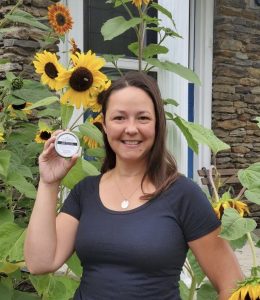 Alicia Rainville was raised in the Great North Woods of New Hampshire. She has a passion for the outdoors and is a firm believer that wellness is found in nature. With the support of family and friends she has been able to study herbalism at great depth. As a child she always dreamed of becoming her own boss. In June 2020 she opened an online herbal and 100% natural based body care business. She is a graduate of Wintergreen Botanicals’ Home Herbalist and Beyond the Home Herbalist Series. You can check out Alicia’s website and sign up for her email newsletter at www.naturalbossnh.com.
Alicia Rainville was raised in the Great North Woods of New Hampshire. She has a passion for the outdoors and is a firm believer that wellness is found in nature. With the support of family and friends she has been able to study herbalism at great depth. As a child she always dreamed of becoming her own boss. In June 2020 she opened an online herbal and 100% natural based body care business. She is a graduate of Wintergreen Botanicals’ Home Herbalist and Beyond the Home Herbalist Series. You can check out Alicia’s website and sign up for her email newsletter at www.naturalbossnh.com.
Also find Alicia on Instagram @leeshie213, Facebook, and Linkedin.
Mullein photos by Maria Noël Groves
The statements made on this blog have not been evaluated by the FDA and are not intended to diagnose, prescribe, recommend, treat, cure, or offer medical advice. Please see your health care practitioner for help regarding choices and to avoid herb-drug interactions.
